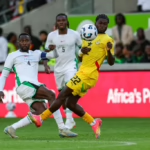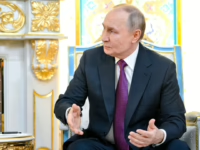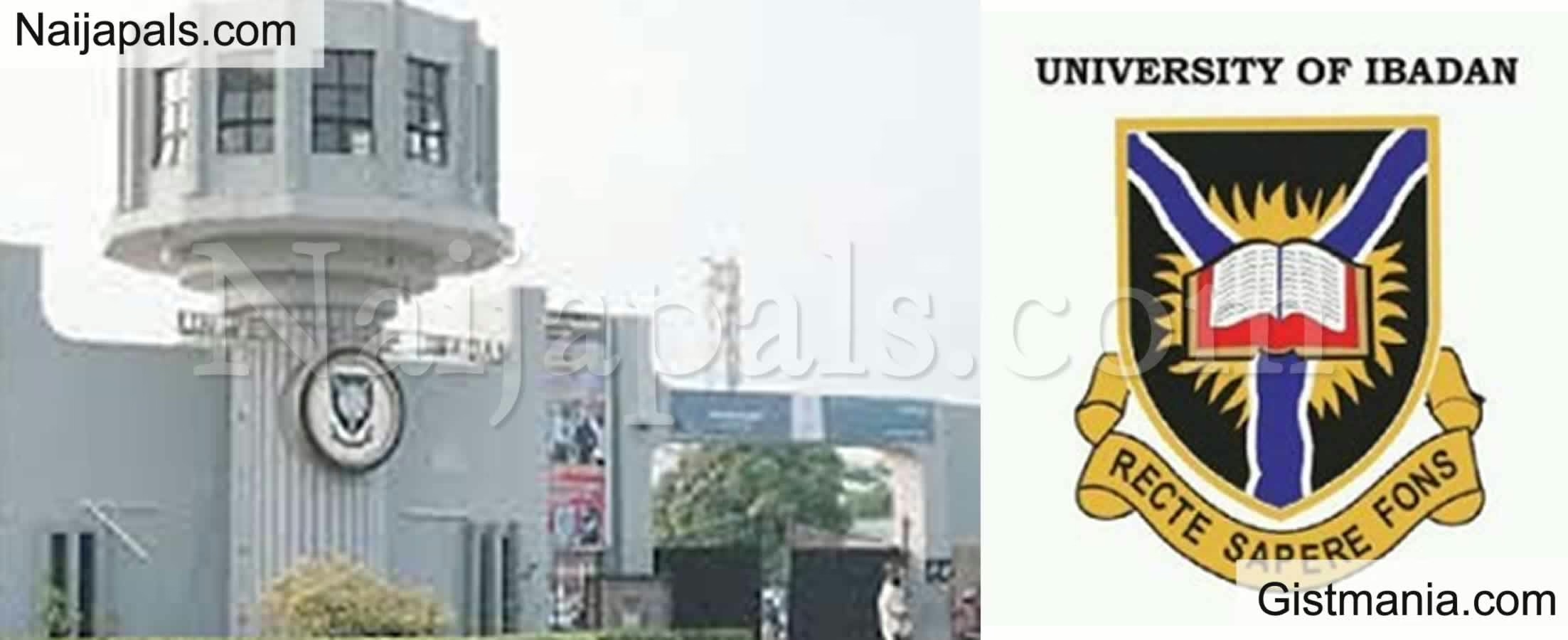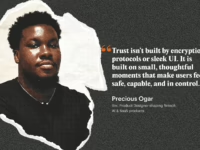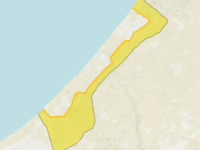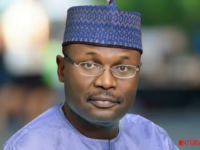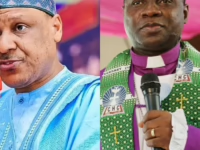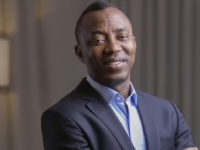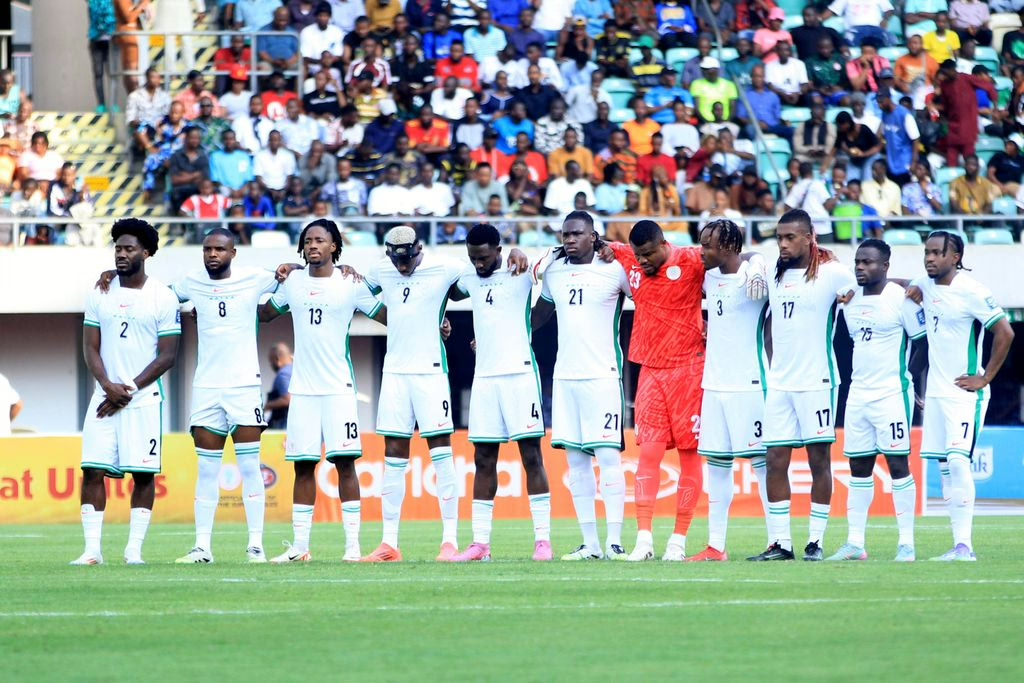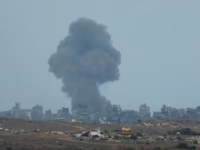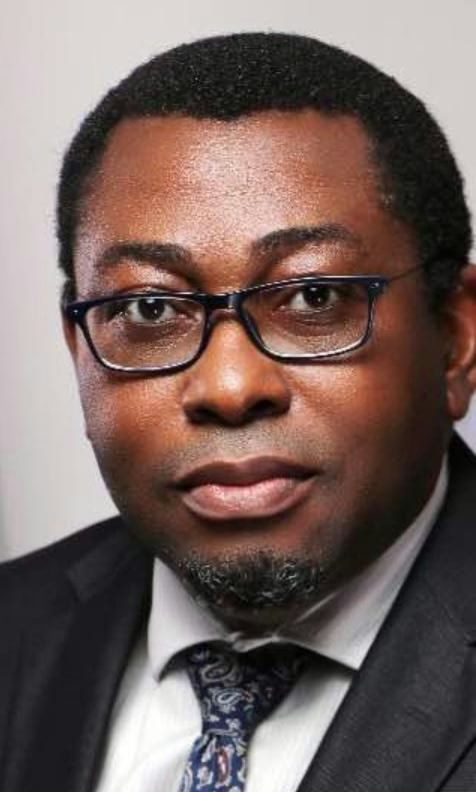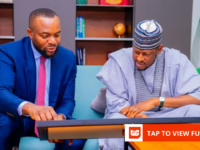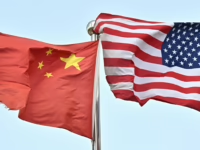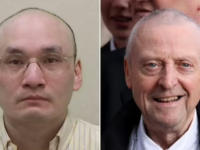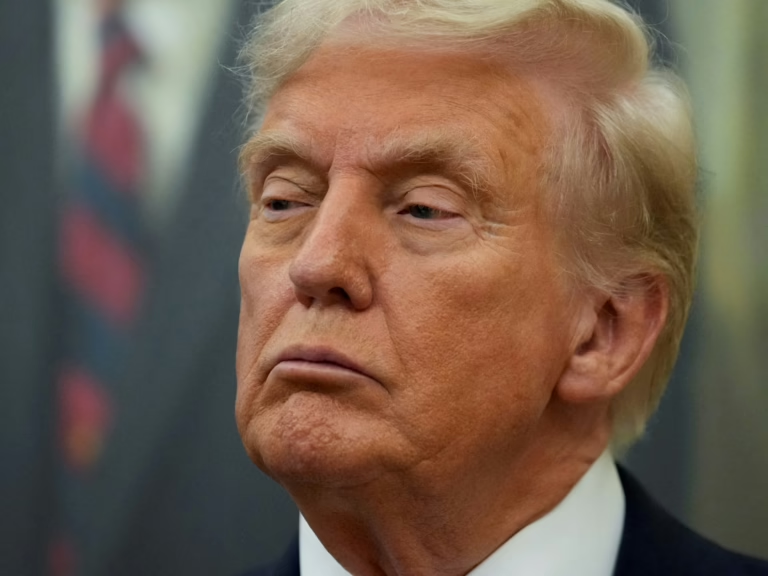As the Norwegian Nobel Committee readies to reveal the recipient of this year’s Nobel Peace Prize, one figure dominates the conversation: former U.S. President Donald Trump.
Since assuming office in January, Trump has asserted that he merits the prestigious award, claiming credit for ending at least “seven wars.”
Recently, he positioned himself at the forefront of what could be considered an eighth conflict resolution, following the announcement of a preliminary ceasefire between Israel and Hamas, based on Trump’s recently introduced 20-point peace proposal.
This year’s prize announcement also unfolds against the backdrop of Russia’s ongoing invasion of Ukraine and numerous other global conflicts.
With 338 nominees in contention, the Nobel Committee-a five-member panel appointed by Norway’s parliament, the Storting-will select the laureate.
But does Trump truly qualify for this honor? Here’s an overview:
What Grounds Does Trump Have for Claiming the Nobel Peace Prize?
At the United Nations General Assembly in New York last September, Trump declared, “Everyone says I should get the Nobel Peace Prize.”
He added, “I ended seven wars. No president or prime minister has ever done anything close to that.”
Trump listed conflicts he claims to have resolved, including those involving Cambodia and Thailand; Kosovo and Serbia; the Democratic Republic of the Congo (DRC) and Rwanda; Pakistan and India; Israel and Iran; Egypt and Ethiopia; and Armenia and Azerbaijan.
Assessing Trump’s Peacebuilding Record
Some of the conflicts Trump cites were ones in which he was directly involved militarily, while his role in others remains contested. Nonetheless, several parties acknowledge his mediation efforts as significant.
- In September, Trump claimed he deserved recognition for potentially ending Israel’s two-year conflict with Gaza. Although U.S. military aid and diplomatic backing have been pivotal in sustaining Israel’s operations, Trump is credited with exerting more pressure on Israeli Prime Minister Benjamin Netanyahu than his successor, Joe Biden, to halt hostilities. His 20-point peace plan, unveiled recently, laid the groundwork for the ceasefire agreement now bringing the conflict closer to resolution.
- The June conflict between Iran and Israel concluded with a ceasefire brokered under Trump’s watch. However, the hostilities began with Israeli strikes on Iranian nuclear sites, including attacks that killed scientists and targeted residential areas. The U.S. also played an active role, with Trump ordering military strikes on three Iranian nuclear facilities. Iran retaliated by attacking the largest U.S. military base in the Middle East, located in Qatar, before the ceasefire was established.
- In May, India and Pakistan engaged in aerial combat, bombing military installations on both sides. India claimed to have targeted terrorist camps in Pakistan and Pakistan-administered Kashmir, while Pakistan accused India of civilian casualties. After four days, Trump announced a ceasefire. Pakistan acknowledged his role in ending the fighting, but India denied any U.S. involvement.
- August saw a brief conflict between Cambodia and Thailand, which ended after five days following phone interventions from Trump, Malaysian Prime Minister Anwar Ibrahim, and a Chinese delegation. To date, only Cambodia has publicly credited Trump for his mediation.
- Relations between Serbia and Kosovo have been fraught since the early 2000s. The European Union and NATO have traditionally mediated tensions. Under Trump’s first term, Kosovo and Serbia signed an agreement in 2020. Although tensions persist, no full-scale war has erupted since Trump’s return to office.
- Trump claims to have ended a conflict between Egypt and Ethiopia, but while the two countries have had disputes-particularly over a hydroelectric dam on a Nile tributary-they have not engaged in open warfare.
- In June, Rwanda and the DRC signed a peace accord brokered by Trump. Though fragile and marked by ongoing tensions, the ceasefire has held so far.
- In August, Trump facilitated a peace agreement between Armenia and Azerbaijan at the White House, aiming to resolve a long-standing conflict dating back to the Soviet Union’s collapse. However, in a later interview, Trump mistakenly referred to the conflict as being between Azerbaijan and Albania.
Nina Graeger, director of the Peace Research Institute Oslo, told Al Jazeera, “I would be surprised if President Trump receives this year’s peace prize, as his contributions to peace have not yet been substantial enough.”
She added, “While his efforts to end the Gaza conflict deserve recognition, it remains uncertain whether his peace plan will be fully implemented and lead to lasting stability.”
Why Is Trump Eager to Receive the Nobel Peace Prize?
Trump insists he is deserving, a sentiment echoed by many of his supporters. He frequently contrasts his foreign policy achievements with the global acclaim former President Barack Obama received during his tenure.
Obama was awarded the Nobel Peace Prize in 2009 “for his extraordinary efforts to strengthen international diplomacy and cooperation,” despite having been in office only a few months. His award has faced criticism due to his expansion of drone warfare, including strikes on U.S. citizens, and continuation of multiple military engagements worldwide.
“If I were Obama, I would have gotten the Nobel Prize in 10 seconds,” Trump remarked last year.
According to Norway’s Dagens Næringsliv newspaper, Trump also contacted Norway’s Finance Minister Jens Stoltenberg-former NATO Secretary General-in July to discuss tariffs and lobby for the prize.
Has Trump Also Played an Aggressive Role?
Graeger suggests the Nobel Committee evaluates the entirety of a nominee’s peace efforts.
“Trump’s withdrawal from international organizations, his proposal to purchase Greenland from Denmark-a NATO ally-and his domestic actions undermining democratic norms do not align with Alfred Nobel’s vision,” she explained.
Beyond the June strikes on Iran alongside Israel, Trump ordered U.S. military actions in Somalia targeting ISIL leadership in February.
In March, he authorized significant attacks on Yemen’s Houthi rebels following their assaults in the Red Sea. In September, U.S. forces struck vessels in the Caribbean, including at least three from Venezuela, alleging they were transporting narcotics to the U.S.
Trump has also threatened to annex Greenland, parts of Canada, and the Panama Canal.
Does the Nobel Peace Prize Exclude Recipients Involved in Violence?
Established by Alfred Nobel’s will, the Nobel Peace Prize honors individuals who have made the greatest contributions to fostering international fraternity, reducing standing armies, and promoting peace congresses.
However, the prize’s history is fraught with controversy.
In 1973, U.S. Secretary of State Henry Kissinger received the award for negotiating a ceasefire to end the Vietnam War, despite having previously undermined peace efforts and overseeing devastating bombing campaigns in Cambodia. His administration also supported Pakistan’s brutal crackdown in Bangladesh in 1971 and facilitated a military coup in Chile. After winning the prize, Kissinger approved Indonesia’s invasion of East Timor, a key Cold War ally.
In 1994, Israeli Foreign Minister Shimon Peres shared the prize with Prime Minister Yitzhak Rabin and Palestinian President Yasser Arafat for the Oslo Accords. Yet, Peres had earlier been involved in the Suez War and authorized missile attacks on Palestinian targets in Tunisia during his premiership.
Myanmar’s Aung San Suu Kyi was honored in 1991 for her pro-democracy activism but later faced calls for the prize’s revocation due to her government’s role in the Rohingya crisis.
Regarding Obama, Graeger noted, “His 2009 award was seen by some as premature, given his short time in office and lack of concrete peace achievements.”
“The committee highlighted his vision for multilateral diplomacy and disarmament, symbolizing a reset in international relations,” she added.
These examples illustrate the Nobel Committee’s willingness to navigate complex and sometimes contentious choices when selecting laureates.
“While controversy is not the committee’s goal, they do not shy away from it if they believe a candidate merits the prize,” Graeger concluded.
Could Trump Still Secure the Prize, and Who Supports His Nomination?
The deadline for 2025 Nobel Peace Prize nominations closed on January 31, shortly after Trump’s return to the White House.
In July, Israeli Prime Minister Benjamin Netanyahu nominated Trump, followed by Cambodia’s Prime Minister Hun Manet in August. Armenian Prime Minister Nikol Pashinyan and Azerbaijani President Ilham Aliyev jointly endorsed Trump that same month.
Within Trump’s administration, Steve Witkoff, his chief Middle East envoy, described him as “the single finest candidate” for the prize. U.S. Representative Buddy Carter, a Republican, also submitted a letter of support to the Norwegian Nobel Committee in September. Additionally, Pfizer CEO Albert Bourla publicly stated that Trump deserves the award.
However, nominations submitted after July 31 will be considered for the 2026 prize. Pakistan’s government has already nominated Trump for next year’s award.
Al Jazeera reached out to the Nobel Committee regarding Trump’s candidacy but has yet to receive a response.
What Might Follow If Trump Does Not Receive the Prize?
At a military event in Virginia last September, Trump warned that denying him the Nobel Peace Prize would be “a big insult to America.”
“They’ll give it to some person who did nothing… maybe the author of a book about my mind,” he remarked.
In Norway, concerns have emerged about Trump’s possible reaction if he is overlooked. The U.S. has already imposed a 15 percent tariff on Norwegian exports.
Last month, the Trump administration expressed “serious concerns” after Norway’s sovereign wealth fund, valued at around $2 trillion, announced plans to divest from U.S. company Caterpillar due to its involvement in Israel’s Gaza operations.
Norwegian Foreign Minister Espen Barth Eide clarified in an October 3 interview with Bloomberg that the government does not influence Nobel Peace Prize decisions.
“The Nobel Committee operates independently. The government has no role in the selection process,” he emphasized.



